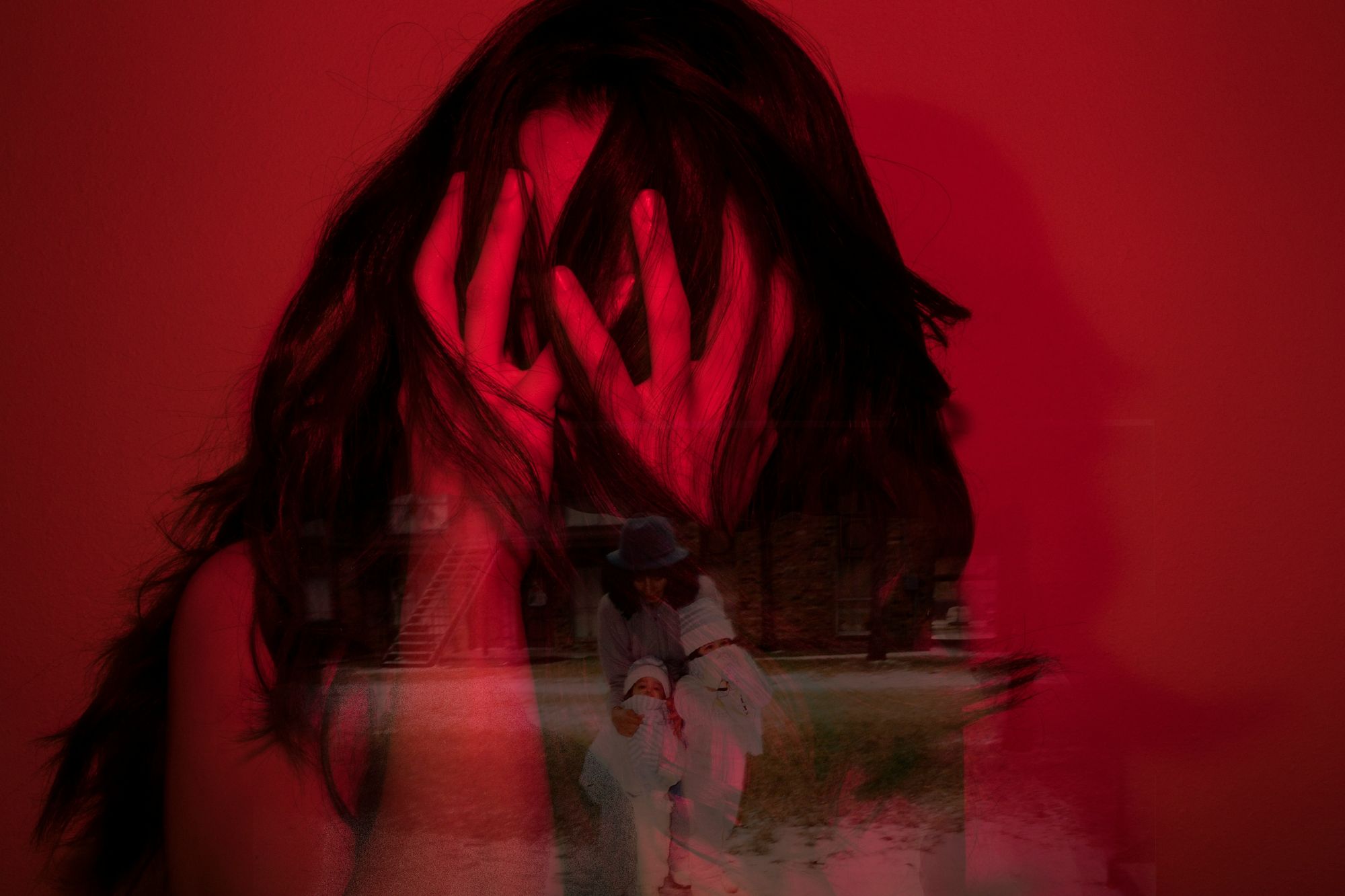According to Belarusian officials, the events of September 17th 1939 corrected the injustice imposed upon the Belarusian people erstwhile they were divided against their will by the 1921 Treaty of Riga. This explanation frames the russian entry as a reunification of Belarusian lands, conveniently overlooking the broader context of the Molotov-Ribbentrop Pact and the subsequent repressions in the recently acquired territories.
In his 2024 address to the nation, Alyaksandr Lukashenka appealed to the nation’s development. He portrayed the events of 85 years ago as a reunification driven by the Belarusian people’s desire for a brighter future. Lukashenka emphasized the hard work, military achievements and natural talents of the Belarusian people as the key factors in building a strong nation. He argued that these efforts had earned them a place among another nations as a courageous and progressive force.
This rhetoric promotes a simplistic view of the 1939 events, framing them as a affirmative reunification. However, this explanation overlooks the nuanced reality of this period, which involves hardships and tragedies affecting individuals, families and communities. This selective focus reinforces the regime’s preferred historical communicative while simultaneously silencing any dissenting voices. Overall, it prevents a more comprehensive dialog about Belarus and the region’s past.
Anti-Polish rhetoric and number alienation
The establishment of this vacation serves multiple purposes for Lukashenka’s regime, chief among them being the reinforcement of anti-Polish sentiment. By celebrating the russian invasion of Poland, the government implicitly portrays Poland as a historical oppressor of Belarusians. This communicative taps into long-standing historical grievances and serves to make an external “other” against which Belarusian national identity can be defined. This maneuver indeed fosters a sense of shared past and national unity against an external threat. However, the authoritative communicative ignores the deep historical and cultural ties between Belarus and Poland. Figures like Tadeusz Kościuszko, Adam Mickiewicz, Stanisław Moniuszko, or Czesław Niemen represent this shared heritage. By promoting this divisive interpretation, the government actively undermines these cross-border connections, yet severing cultural ties and hindering any anticipation of genuine common understanding.
The 2024 commemorations featured a diverse range of “patriotic” and cultural events across Belarus, including historical quizzes, exhibitions, athletic competitions and educational initiatives intended to strengthen the authoritative communicative of Belarusian history. A peculiar emphasis was placed on youth engagement, with schools and universities arranging specialized activities to immerse younger generations in the state-sanctioned explanation of historical events. This approach, however, is centred on a imagination of past as designed by Lukashenka’s ideologues. This, in turn, eliminates Belarus’s Polish number from the authoritative narrative, leaving them no space to see their own heritage and historical experiences reflected in these celebrations.
Flawed logic and the long-term impact on Belarus-Poland relations
The Day of National Unity, a vacation established by the Belarusian government, continues to make controversy and item the regime’s manipulation of past for current political gain. While officially presented as a celebration of national reunification, the holiday’s foundation rests on a flawed and incomplete communicative that ignores the suffering inflicted upon Belarusians and another cultural groups following the russian takeover of western Belarus in 1939.
The regime’s justification for the vacation is full of logical inconsistencies. It fails to admit the mass repressions and denationalization policies implemented under russian rule. This contrasts with the image of harmonious unity projected by the authoritative narrative. Furthermore, the very notion of “unity” rings hollow in the face of the holiday’s divisive nature. alternatively of fostering social cohesion, the celebration has exacerbated historical tensions between different cultural and political groups within Belarus. This contradiction exposes the regime’s prioritization of political expediency over genuine national reconciliation.
The Day of National Unity has besides further strained relations between Belarus and Poland. The Polish government and civilian society groups consistently criticize the holiday, viewing it as a distortion of historical fact and a glorification of russian aggression. The prominence given to this celebration serves as a point of contention, with Polish officials interpreting it as a deliberate provocation. In turn, Lukashenka’s government has ramped up its efforts to solidify the holiday’s place in the national consciousness. In 2024, fresh digital initiatives were launched, including an interactive online platform and social media campaigns designed to advance the authoritative communicative surrounding the 1939 “reunification”.
Despite these efforts, the holiday’s acceptance among the Belarusian population remains questionable. The controversial nature of the events it commemorates, peculiarly for those whose household histories challenge the authoritative narrative, continues to fuel debate and dissent.
The regime’s approach to history
The explanation of historical events around September 17th 1939 remains a highly delicate and contentious issue in Belarus, as the country navigates its complex geopolitical scenery and grapples with questions of national identity. The Day of National Unity exemplifies the Lukashenka regime’s approach to past and nation-building, which is characterized by manipulations, selective memory and a suppression of dissenting voices.
Hence, this vacation serves as a perfect and evident reminder of the ongoing conflict over historical memory in Belarus and the broader region. It besides highlights the crucial and contentious nature of interpreting the past as Belarus navigates its relationships with neighbouring countries and defines its national identity.
Hanna Vasilevich holds a Doctoral Degree in global Relations and European Studies. Her investigation interests include state ideology and propaganda, identity issues, inter-ethnic relations, linguistic diversity as well as diaspora and kin-state relations.
“We suport the Belarusian Awakening’24” is simply a task co-financed by Solidarity Fund PL within the framework of Polish improvement cooperation of the Ministry of abroad Affairs of the Republic of Poland in the amount of PLN 230,000.
This publication expresses the views of the author only and cannot be identified with the authoritative position of the Ministry of abroad Affairs of the Republic of Poland.

Please support New east Europe's crowdfunding campaign. Donate by clicking on the button below.















